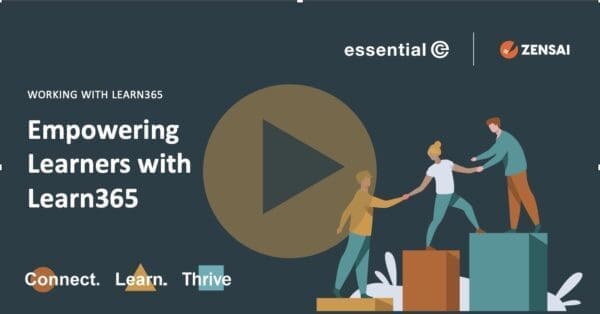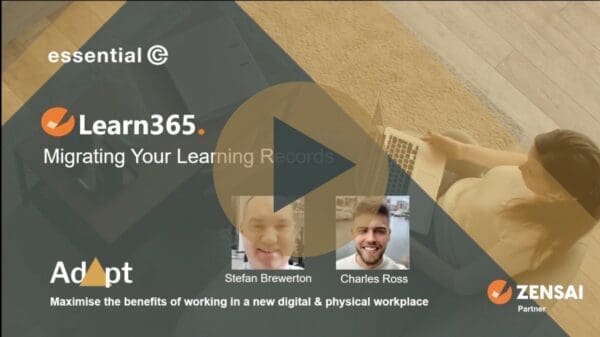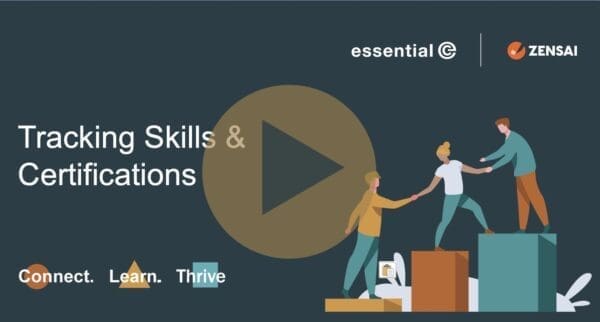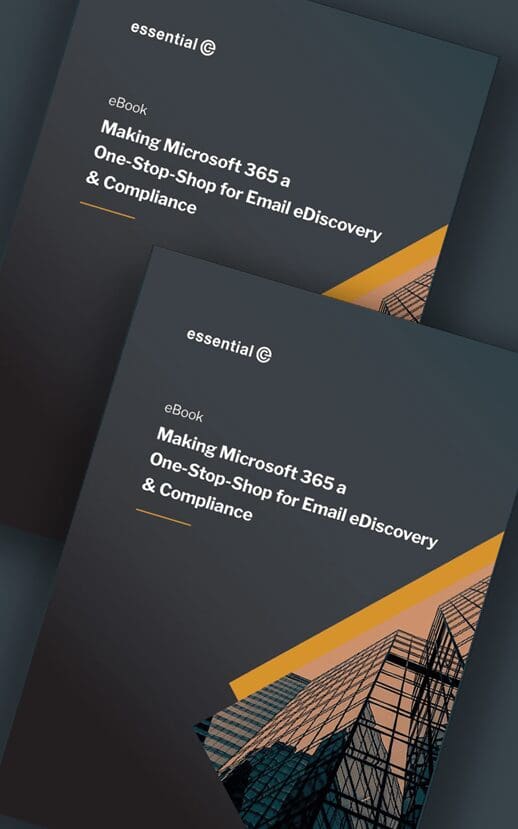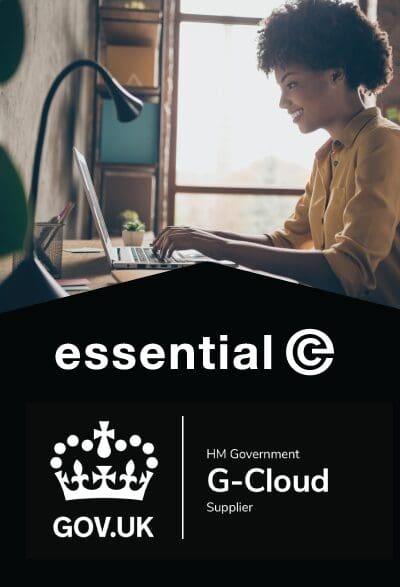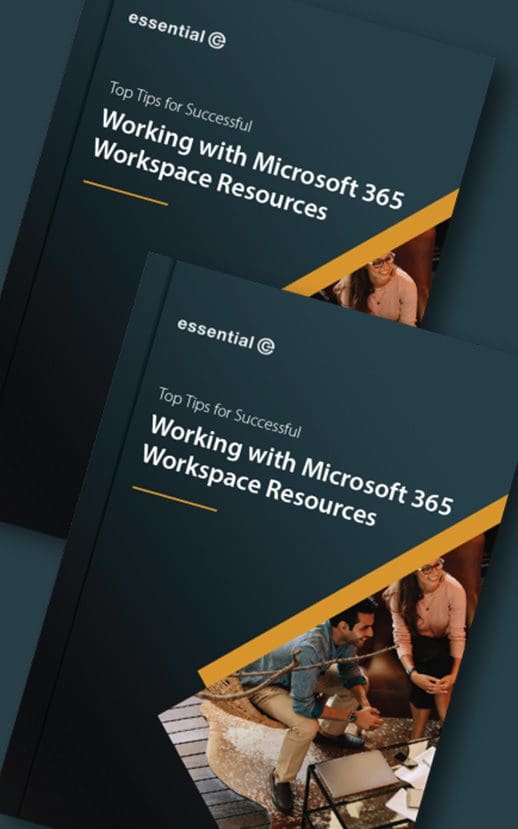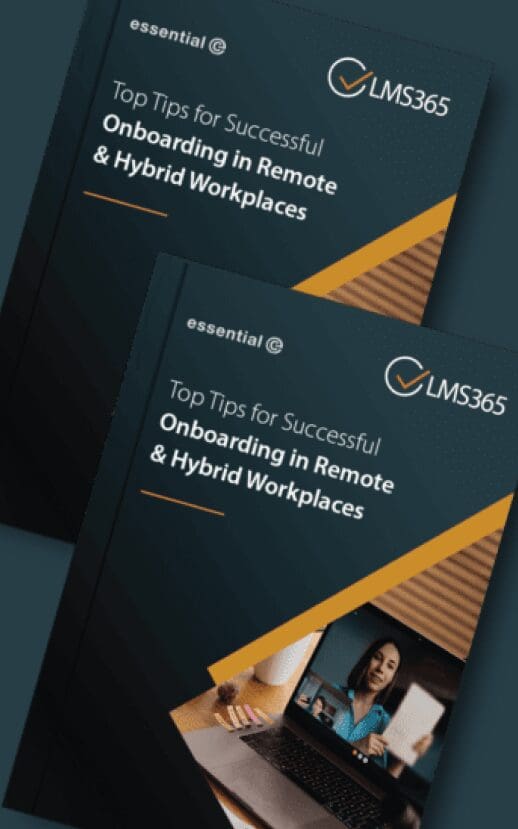Learning Management
How an LMS can help prevent data breaches
Wow – what led to the recent PSNI data breach?
You can read more here, but it would appear that instead of the ‘generic’ results to a FoIA act request , the original data source used was shared openly, by accident.
The constant threat of human error leading to data breaches has heightened the importance of educating employees about their roles and obligations concerning GDPR and security protocols.
This is now more crucial than ever due to several reasons:
- Heightened Vulnerability: Even a single, unintentional mistake can compromise sensitive personally identifiable information (PII) and lead to potentially disastrous consequences for the individuals concerned.
- Legal and Reputational Impact: Data breaches can lead to legal consequences and reputational damage.
- Evolving Threat Landscape: Cybercriminals are continually adjusting their strategies to obtain personal and sensitive information.
- Remote Work Challenges: With the rise of remote work, the traditional security perimeter has expanded.
Are we missing the obvious ways to prevent data privacy beaches caused by human error?
If you look at the typical Data Protection Policy you’re likely to see an ‘Actions’ section which outlines the steps an organisation is taking to train its workforce in online privacy and security measures, but might we be missing out on the fundamental training that’s right in front of us?
What I’m getting at is the value of offering ‘common sense advice,‘ like:
Attachments: Be Mindful! – Take care when attaching files to emails. Amid numerous locations (both desktop and online), it’s easy to choose the wrong one. Check before pressing send.
Email Recipients: Think Twice! – Exercise caution when cc’ing or bcc’ing recipients. For example, Outlook’s auto-suggestions can lead to unintended outcomes.
Screen Sharing: Be Alert! – When sharing your screen during a video call, ensure you’re not displaying sensitive information. It’s easy to accidentally reveal more than intended, especially in platforms like Teams.
Sometimes, it’s the simplest things that can make the biggest difference. These practical reminders can help prevent data mishaps and bolster our overall security efforts.
How can organisations keep on top of their security and GDPR education remit?
An effective approach to ensuring your workforce is as ‘genned up’ and diligent as possible is to have a reliable mechanism for regularly and demonstrably educating your workforce:
By this I mean:
- Automatically updating individuals on policy updates and their roles and responsibilities in upholding these policies.
- Delivering bite-sized training with the kind of common sense tips outlined above.
- Being able to issue reminders to individuals who haven’t engaged with these updates.
- Enabling those responsible for compliance to track progress.
- Having a system that enables your organisation to prove due diligence in keeping its workforce informed.
This is easily achieved with a Learning Management System (LMS) – especially one that puts training directly ‘in front’ of learners in their day-to-day work. It’s also one of the simplest yet most common use-case that our Microsoft-centric LMS (LMS365) is used for.
Even simple PDF policy documents can be published with a ‘’Read and Understood” check box – and if required, a quiz to check understanding.
In essence, recent data leaks underscore the critical need for ongoing education and awareness among employees.
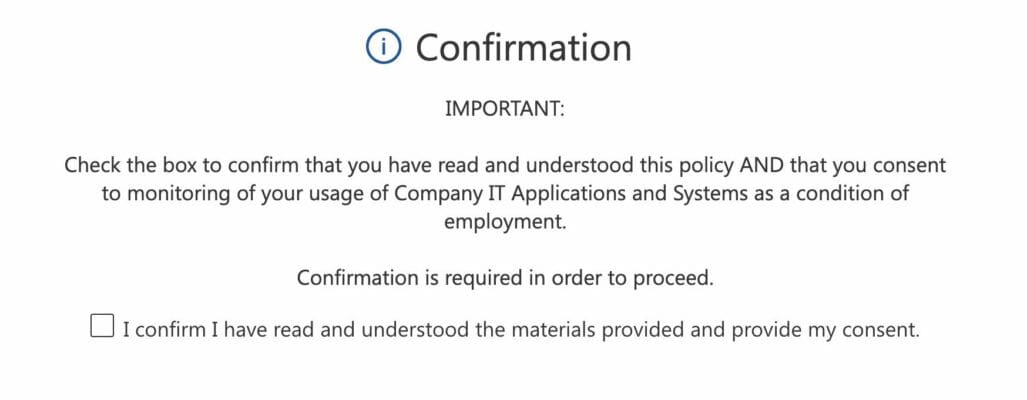
An LMS can be used to capture confirmations that an individual has ‘read and understood’ a policy.

Example of a simple quiz that can be used to further check understanding.
Conclusion
By prioritising education on GDPR and security, and not overlooking good common sense advice, organisations can empower their workforce to act as a line of defence against data breaches and security lapses.
Whether or not such a system would have helped prevent the PSNI data debacle is up for debate. While you can guide individuals, ensuring their actions comply is another matter.
However, by using such a system, you can rest assured your organisation has played a proactive part in fostering a culture of responsibility and preparedness, and in doing so, hopefully reduced the risk of similar incidents.
Discover how an LMS can help you keep up to date with your policy and security updates.
Speak with one of our experts to see how we you can quickly, easily and demonstrably update your workforce on policies and procedures.



